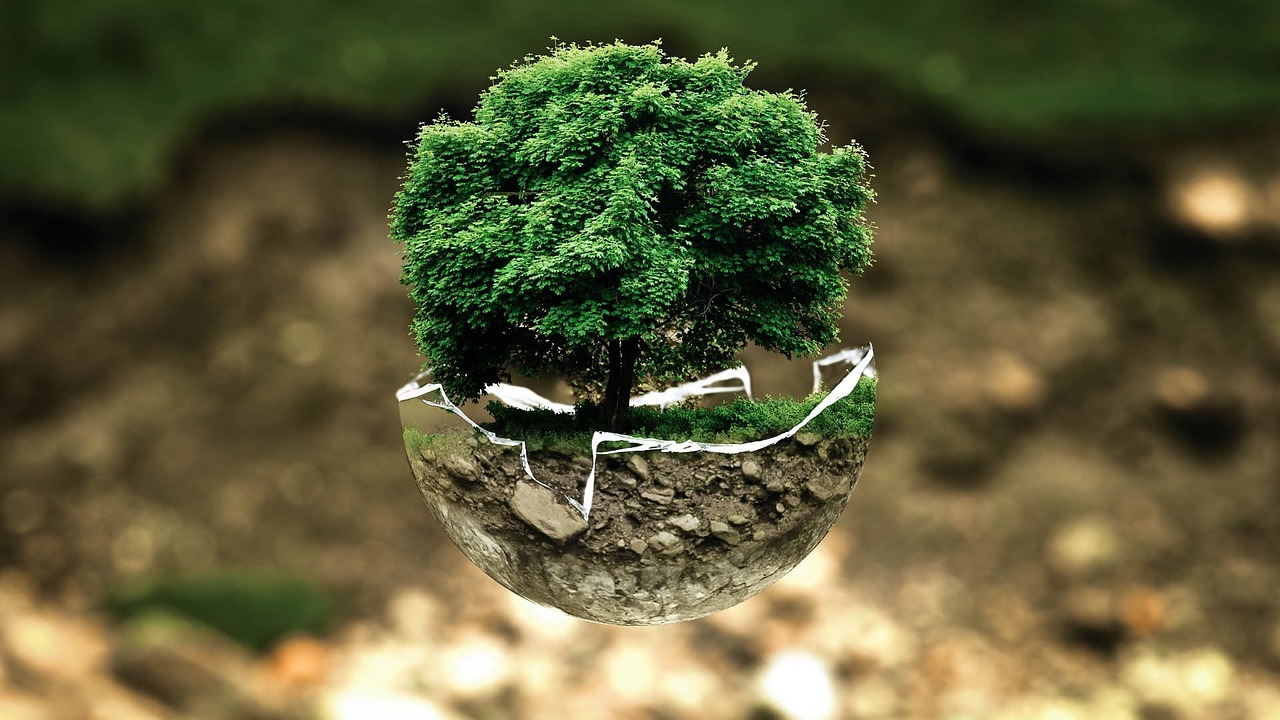
Ecological conservation is more than just a buzzword; it's a lifeline for our planet. Why is ecological conservation important? It ensures the survival of diverse species, maintains natural habitats, and balances ecosystems. Without it, we risk losing countless plants and animals, which can disrupt food chains and lead to environmental collapse. Conservation efforts also combat climate change by preserving forests that absorb carbon dioxide. Simple actions like recycling, reducing waste, and supporting sustainable products can make a big difference. By understanding and participating in ecological conservation, we protect our planet for future generations. Ready to learn more? Let's dive into 23 fascinating facts about ecological conservation!
Key Takeaways:
- Protecting nature is crucial for our planet's balance. Biodiversity hotspots, climate regulation, and successful conservation efforts show the importance of ecological conservation.
- Everyone can help conserve nature. By reducing waste, supporting conservation organizations, and making sustainable choices, we can protect our planet for future generations.
Importance of Ecological Conservation
Ecological conservation is vital for maintaining the balance of our planet's ecosystems. It involves protecting natural habitats, preserving biodiversity, and ensuring sustainable use of resources. Here are some fascinating facts about ecological conservation:
-
Biodiversity Hotspots: There are 36 biodiversity hotspots around the world. These areas cover only 2.4% of Earth's land surface but contain more than half of the world's plant species and nearly 43% of bird, mammal, reptile, and amphibian species.
-
Deforestation Impact: Every year, 18 million acres of forest are lost due to deforestation. This contributes to habitat loss, climate change, and the extinction of species.
-
Coral Reefs: Coral reefs support 25% of all marine life. Despite covering less than 1% of the ocean floor, they are crucial for marine biodiversity.
-
Endangered Species: Over 31,000 species are currently threatened with extinction. Conservation efforts aim to protect these species and their habitats.
-
Protected Areas: Approximately 15% of the world's land and 7% of the oceans are protected areas. These regions are crucial for conserving biodiversity and natural resources.
Benefits of Ecological Conservation
Conserving ecosystems not only protects wildlife but also provides numerous benefits to humans. Let's explore some of these advantages:
-
Climate Regulation: Forests and oceans act as carbon sinks, absorbing CO2 from the atmosphere. This helps mitigate climate change.
-
Water Purification: Wetlands and forests filter pollutants from water, ensuring clean drinking water for communities.
-
Pollination: Bees, butterflies, and other pollinators are essential for the reproduction of 75% of the world's flowering plants. This includes many crops that humans rely on for food.
-
Soil Health: Healthy ecosystems prevent soil erosion and maintain soil fertility, which is vital for agriculture.
-
Medicinal Resources: Many medicines are derived from plants and animals found in natural habitats. Protecting these areas ensures the continued availability of these resources.
Threats to Ecological Conservation
Despite the importance of conservation, numerous threats endanger ecosystems worldwide. Understanding these threats is key to addressing them effectively:
-
Climate Change: Rising temperatures and changing weather patterns disrupt ecosystems and species' habitats.
-
Pollution: Air, water, and soil pollution have devastating effects on wildlife and natural habitats.
-
Overfishing: Unsustainable fishing practices deplete fish populations and damage marine ecosystems.
-
Invasive Species: Non-native species can outcompete, prey on, or bring diseases to native species, disrupting ecosystems.
-
Habitat Destruction: Urbanization, agriculture, and infrastructure development lead to the loss of natural habitats.
Successful Conservation Efforts
Despite challenges, many conservation initiatives have shown positive results. Here are some success stories:
-
Yellowstone National Park: Established in 1872, it was the first national park in the world. It has successfully protected numerous species and their habitats.
-
Giant Panda Recovery: Conservation efforts in China have increased the giant panda population from 1,114 in the 1980s to over 1,800 today.
-
Marine Protected Areas: The Great Barrier Reef Marine Park in Australia helps protect one of the most diverse marine ecosystems on the planet.
-
Reforestation Projects: Countries like Costa Rica have implemented successful reforestation programs, increasing forest cover and biodiversity.
-
Community Conservation: In Namibia, community-based conservation programs have led to the recovery of wildlife populations and improved livelihoods.
How You Can Help
Everyone can contribute to ecological conservation. Here are some simple actions you can take:
-
Reduce, Reuse, Recycle: Minimizing waste helps reduce pollution and conserve natural resources.
-
Support Conservation Organizations: Donating to or volunteering with conservation groups can make a significant impact.
-
Sustainable Choices: Opt for sustainable products, reduce energy consumption, and support eco-friendly businesses.
By understanding and supporting ecological conservation, we can help protect our planet for future generations.
The Power of Conservation
Ecological conservation isn't just a buzzword. It's a lifeline for our planet. Protecting habitats, preserving biodiversity, and reducing pollution are vital steps. Every small action counts. From recycling to supporting sustainable products, individuals can make a difference. Governments and organizations play a crucial role too. They enforce regulations, fund research, and promote awareness.
Conservation efforts also benefit humans. Clean air, fresh water, and fertile soil are essential for our survival. Plus, natural spaces offer recreation and mental health benefits.
Let's not forget the economic advantages. Ecotourism, sustainable agriculture, and renewable energy create jobs and boost economies.
In short, ecological conservation is a win-win. It protects the environment, supports human health, and strengthens economies. So, let's all do our part. The future of our planet depends on it.
Frequently Asked Questions
Was this page helpful?
Our commitment to delivering trustworthy and engaging content is at the heart of what we do. Each fact on our site is contributed by real users like you, bringing a wealth of diverse insights and information. To ensure the highest standards of accuracy and reliability, our dedicated editors meticulously review each submission. This process guarantees that the facts we share are not only fascinating but also credible. Trust in our commitment to quality and authenticity as you explore and learn with us.
